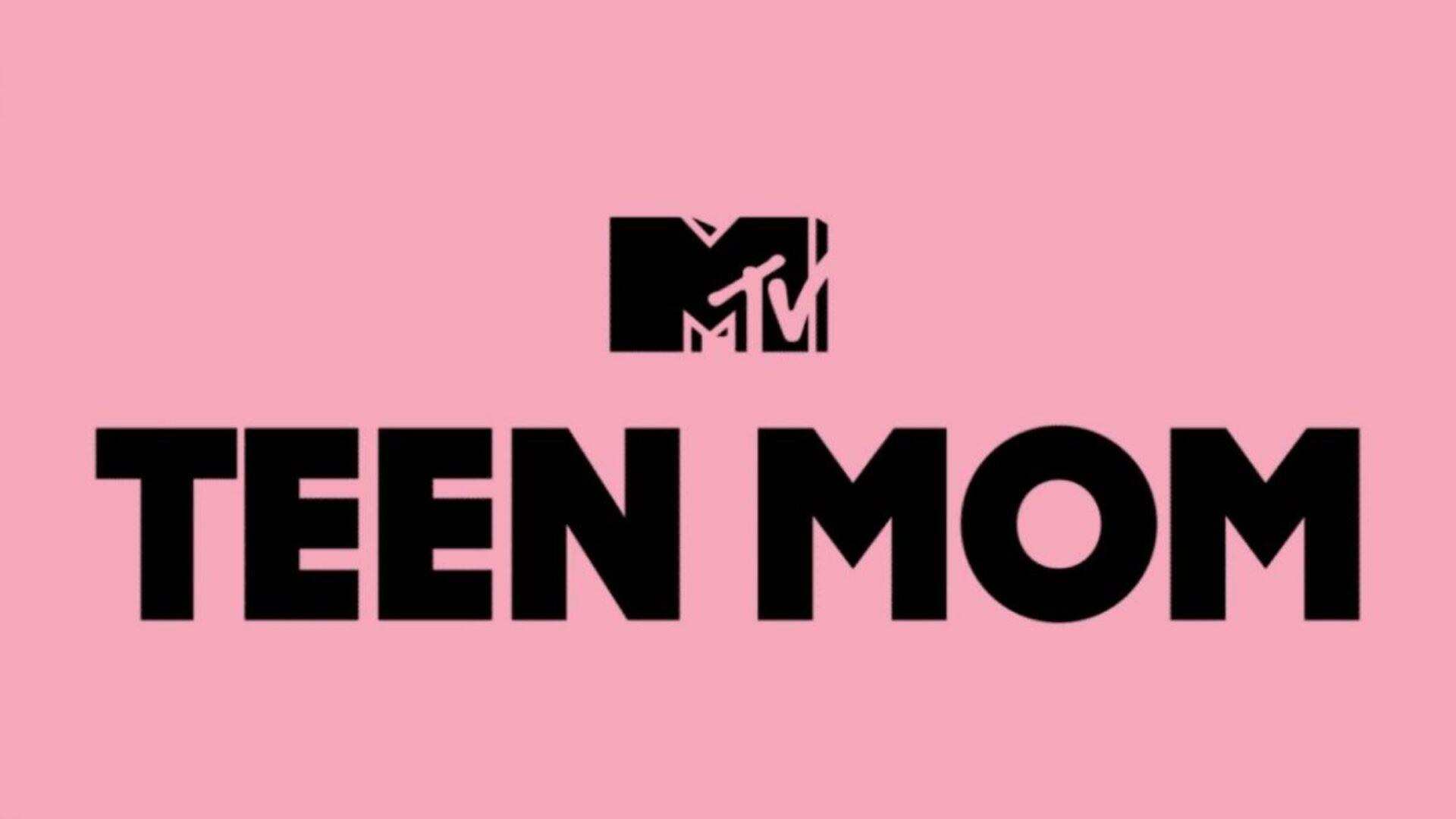
For many Gen Zers, the early aughts ushered in a new era of reality TV, from Jersey Shore to 16 and pregnant. These reality shows showed a fresh, peeled-back layer of everyday people in a new light. Through shows like 16 and Pregnant, we witnessed the birth of the Teen Mom era, which brought teenage motherhood to life like never before. The spin-off series shed light on the challenges many young parents face through the lens of raw television. Still, the show set the tone for many questions Gen Z’ers are asking today: Is this exploitation?
While the intention may have been to shed light on the challenges young parents face, the reality television format often sensationalized and exploited the experiences of these teenagers for entertainment value. During the peak seasons of the first of many spin-offs, the discourse started questioning whether the show glamorized the lives of young mothers broadcasting their struggles. We’ve watched OG teen moms like Maci Bookout, Catelynn Lowell, Amber Portwood, and Farrah Abraham grow up before our eyes and can now question whether this show was helpful for the mental health of these young mothers.
According to the Centers for Disease Control and Prevention 2011, 329,797 babies were born in the United States to girls between the ages of 15 and 19; that’s a rate of 31.3 births per every 1,000 girls. Imagine experiencing a shift from girlhood to womanhood in front of a national audience. Beneath the glossy surface of entertainment, the program often exploited the vulnerabilities of its young participants.
Read ‘Mutha Moments Ask GU: What To Do After A Positive?’
The constant exposure to television had significant consequences for the teenage mothers themselves. From the uncomfortable blow-ups to extremely vulnerable moments, the exploitation of adolescent mothers extended beyond the television screen, as the personal lives of the participants were often dissected and sensationalized in tabloids and social media. For those bingers who rewatch the show along with the various spin-offs, it can seem uncomfortable rewatching these young girls experiencing motherhood for the first time on a platform that may not have their best interests at heart. Instead of offering comprehensive sex education, the show sensationalized the drama and conflict in the lives of its participants.
This invasion of privacy not only hurt the mental health and well-being of young mothers but also contributed to a culture of judgment surrounding teenage pregnancy. By focusing predominantly on the experiences of the mothers, the shows reinforced the idea that teenage pregnancy is solely a woman’s issue, failing to address the responsibilities and challenges faced by both young mothers and fathers. While the MTV Teen Mom era brought attention to the challenges faced by teenage mothers, it capitalized on the drama, instead of providing meaningful insight into the issue’s complexities.
In retrospect, the show serves as a cautionary tale about the ethical responsibilities of reality TV producers and the potential consequences of exploiting vulnerable populations for entertainment. While the show may have garnered high ratings and considerable attention, its impact on the mental health and well-being of its teenage mothers cannot be overlooked. It is essential to prioritize dignity, especially for those susceptible to exploitation.
Read ‘Mutha Moments: Motherhood From A Ballroom Parent’
About the Author: Kenyatta Victoria is the lead writer for Essence GU, working on all things pop culture, politics, entertainment and business. Throughout her time at GU, she’s garnered devoted readers and specializes in the Zillennial point of view.